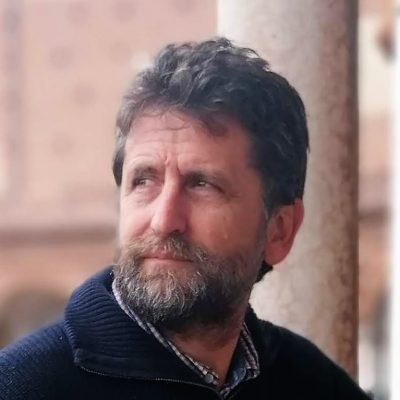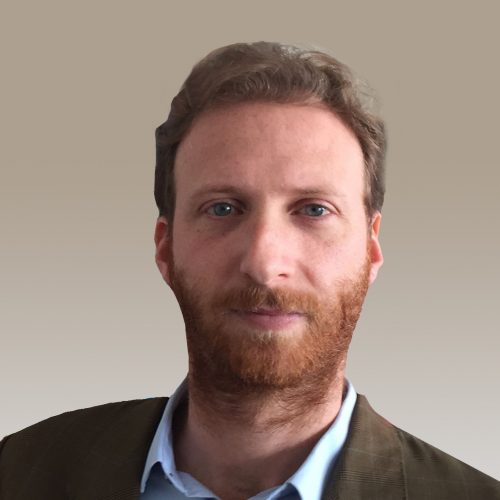Summer School 2023
Francesco Lissoni is Professor of Economics at the Bordeaux School of Economics (University of Bordeaux) and a longstanding Fellow of ICRIOS–Bocconi University (Milan, Italy). A PhD graduate of the University of Manchester, Prof. Lissoni has a research record in the economics of science, innovation adoption, intellectual property, and university-industry technology transfer, as well as the geography of knowledge diffusion. More recently he has investigated the links between highly skilled migration, innovation, and foreign direct investments. Among others, he has published in the J. of Economic Behaviour and Organization, the J. of Economic Geography, the J. of International Business Studies, Industrial & Corporate Change, and Research Policy.
Valerio Sterzi is Professor of Economics at the Bordeaux School of Economics (University of Bordeaux) where he teaches economics of intellectual property rights and economics of innovation. His main research interests relate to economics of innovation and economics of patents and his work appeared in international peer-reviewed scientific journals such as Research Policy, Industrial and Corporate Change, World Development, Journal of Competition Law and Economics, Industry and Innovation, and Journal of Economics & Management Strategy. He has recently coordinated a project funded by the French National Research Agency (ANR) on the role of non-practicing entities in the European patent market.
Massimiliano Coda Zabetta is a Maria Zambrano Research Fellow at the Department of Econometrics, Statistics, and Applied Economics of the University of Barcelona. He previously worked as postdoctoral researcher at the University of Bordeaux and University College Dublin. He obtained his PhD in Economics from the University of Turin and Collegio Carlo Alberto in 2018.
He is an applied economist, his main research interest is in the field of economics of science, in particular the study of scientists’ mobility and its impact on productivity and international collaboration. In a second strand of research, he studies how international migration affects global cluster of innovation and firms’ foreign direct investments.
Candidates to the Summer School programme at the UB School of Economics should ensure that they meet the requirements before applying to the course:
– Students should possess a solid background in Economics or related field.
– Although no language certificate is required, we expect all applicants to show full competency in English.
Deadline for registration including student scholarship application closed on April 30th, 2023.
Deadline for registration including StartUB! Innovaiton scholarship application will close on June 20th, 2023.



